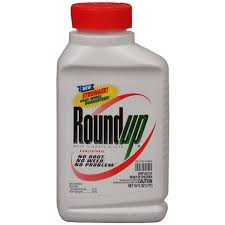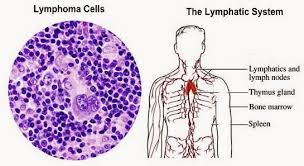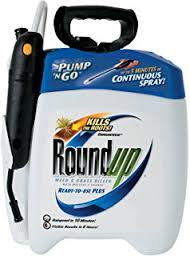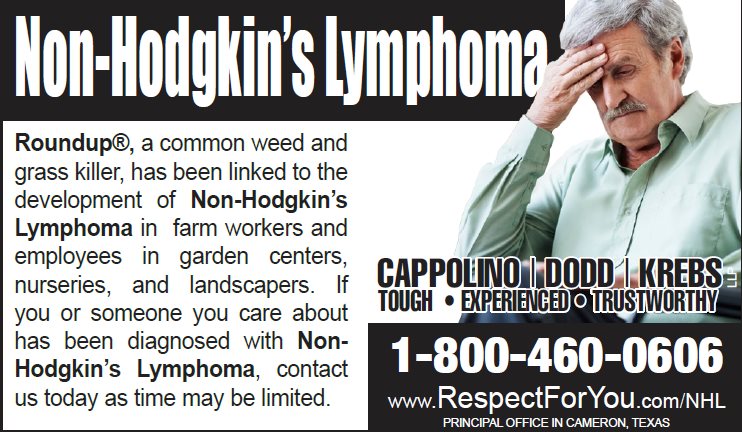
Non-Hodgkin’s Lymphoma or NHL is a type of cancer that affects the lymphatic system. In some cases of NHL, bone marrow and blood are also involved. NHL is not just one disease, it is a diverse group of blood cancers. If you or someone you know has been diagnosed with NHL and has been exposed to Roundup®, contact us. We can ensure your rights are respected.
WHAT IS KNOWN
In 2015, the International Agency for Research on Cancer, a branch of the World Health Organization, found glyphosate is a probable carcinogen. Glypohosate is one of the active ingredients in Roundup®. Blood and urine samples taken from farm workers have tested positive for glyphosate, which may increase their risk of Non-Hodgkin Lymphoma. Those most likely to be exposed to glyphosate are those working on and/or living near farms where Roundup® is used.
WHAT DID MONSANTO KNOW?
Litigation documents show Roundup® manufacturer Monsanto created a campaign of misinformation about the dangers of their products to convince the government and farmers of its safety.
WHAT IS NON-HODGKIN LYMPHOMA (NHL)?
NHL is a cancer that starts in white blood cells which are lymphocytes and are part of the body’s immune system. Cells in any part of the body can become cancer and spread to other areas. There are over 500 lymph nodes in the body. NHL can develop anywhere where nodes exist. The neck, armpit, abdomen, and groin areas can have clusters of lymph nodes.
SIGNS AND SYMPTOMS OF NHL
Because there are a number of forms of NHL, the symptoms vary based on the location, type and stage. NHL symptoms are generally non-specific and may be mistaken for other common illnesses like the flu.
However unlike the flu, NHL symptoms do not go away. Some of the common signs and symptoms include, but are not limited to:
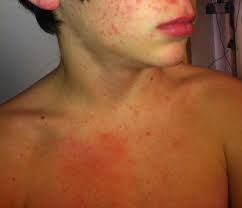
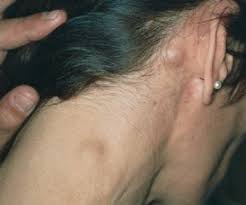
- Enlarged or swollen lymph nodes
- A swollen abdomen
- Skin irritation
- Itchy rashes
- Headache
- Trouble thinking
- Double vision
- Low blood cell counts
CAN NHL BE DETECTED EARLY?
After exposure to glyphosate, NHL can still take many years to develop. The best way to find and diagnose this type of cancer is to know your body and see your doctor if you suspect NHL. Look for signs and symptoms. The most common symptom is a lump or rash that does not go away. A dramatic loss of weight over a short period of time is a symptom of many cancers and a sign to seek medical attention. NHL can be diagnosed through a number of medical means — chest x-ray, CT scan, MRI, PET, and/or a biopsy of the tissue.
ROUNDUP® WEED KILLER, FRIEND OR FOE?
The majority of home owners, gardeners and landscapers use a common herbicide, Roundup®, to kill those nasty weeds that take over lawns and gardens. Roundup® is very effective in killing common weeds such as dandelions and poison ivy as well as many others. But did you know, Roundup® is not just a weed’s worse enemy, it may also be a human’s worse enemy!
In 1974, the company Monsanto introduced Roundup® as a product to kill weeds. Roundup’s® active ingredient is the chemical glyphosate. Applying Roundup® to fields, yards, public parks and gardens kills the weeds by blocking out the essential proteins needed for plant growth.
Aside from residential use, farmers use a much larger amount of glyphosate when growing corn, cotton and soy. The increasing use of glyphosate in farming has grown from 11 million pounds in 1987 to over 300 million pounds used in 2015. The rapid increase is partly due to seeds that have been genetically engineered to basically ignore the chemical.
Corn, cotton and soy are the most common crops sprayed with glyphosate. However, some states have been using glyphosate to treat cherry, peach, almond, cantaloupe, and grape crops, keeping them weed free.
By planting these genetically engineered seeds, farmers are able to treat entire fields of corn, cotton, soy, etc., for weeds without killing the crop. So, these crops may be weed-free but are they toxic-free? The United States government does not include the chemical glyphosate in testing of food when testing for pesticides. The monitoring of chemicals in the blood and tissue of humans also often excludes the chemical glyphosate.
 Roundup® is generally sprayed on an area in which weeds need to be killed. But what happens to this chemical when it’s also airborne? What happens to this chemical that is absorbed in the soil? Glyphosate will firmly attach to soil but stays in the atmosphere for a long period of time and eventually dissolves into water entering streams, rivers and wastewater treatment plants.
Roundup® is generally sprayed on an area in which weeds need to be killed. But what happens to this chemical when it’s also airborne? What happens to this chemical that is absorbed in the soil? Glyphosate will firmly attach to soil but stays in the atmosphere for a long period of time and eventually dissolves into water entering streams, rivers and wastewater treatment plants.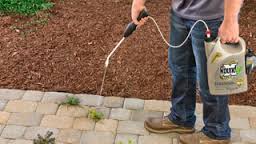
When Roundup® is used to kill weeds on crop fields, the chemical in absorbed into the plant and cannot be washed off, therefore increasing the risks of exposure through inhaling or ingesting the chemical or through contact with the skin.
Using Roundup® around residential homes and parks may expose humans and animals by just walking on the treated area.
KNOW YOUR RIGHTS!
If you have been exposed to Roundup® weed killer and develop any of the possible symptoms of NHL, contact your doctor.
If, you or a family member should unfortunately be diagnosed with NHL, contact us. We are here to help. Our team of litigation attorneys with more than 100 years of combined experience will make sure your rights are respected.

